Alistair Cohen’s imminent departure for Dubai has focussed the spotlight on racing commentators.
The Australians proudly suggest that William ‘Bill’ Henry Collins was the most famous race caller to ever pick up a microphone.
Bill Collins called his first race in the year 1943 in Lindenow when the regular caller failed to appear.
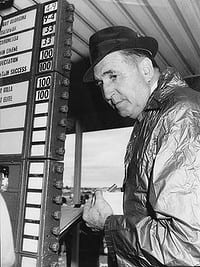
The cast of characters that have left an indelible mark on Australian horse racing is not entirely limited to horses, jockeys, trainers, owners and bookmakers.
One such case in point involves William “Bill” Henry Collins, the most famous race caller to ever pick up a microphone.
His seemingly encyclopedic knowledge of horses, betting, jockeys and trainers placed him in demand at race tracks around the world including the United Kingdom, USA, South Africa, New Zealand, Hong Kong and Singapore.
Bill Collins ability to correctly call the winners of the race, even those that came down to a photo, earned him the moniker of “The Accurate One.”
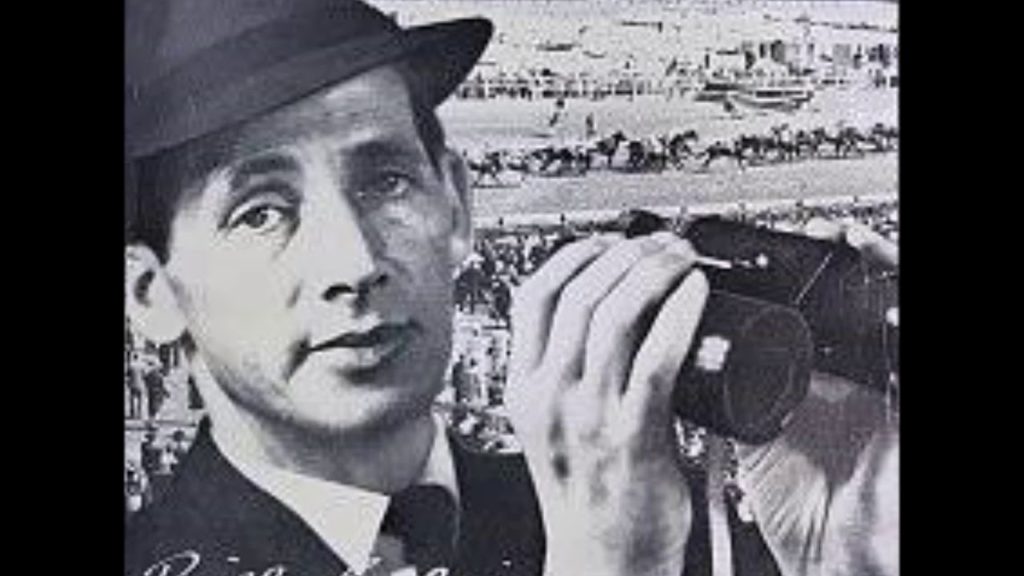
Born in Moe, Victoria, Bill Collins formative years included that golden age when radio broadcasts were first making their way into the homes and consciousness of the Australian public.
Collins idolized race callers James Carroll and Eric Welch, and practiced at calling races with those two as his pattern.
His connection to the sport, with a trainer for his father and jockeys running in the family combined with his passion for horse racing, influenced him to pursue race calling for a career, even though his education was directed towards a vocation in engineering.
His career proper got its start in Sale, Victoria, in the early 1950s.
He progressed to Melbourne in 1953, working in radio station 3 DB.
As was the case with many radio personalities of the day, Bill wore multiple hats that included being the host of the entertainment program called Sunnyside Up, as well as making his television debut on HSV – 7 on an early program called The Penthouse Club that televised harness racing and for which he won an award in 1959.
Bill Collins also was the first Australian race caller to work in the United States.
South Africa also welcomed him with open arms, offering him carte blanche to cover the Spring Racing Carnival at his discretion. While there, he trained South African race callers, some of whom adopted his style.
Bill Collins further solidified his reputation and garnered additional international invitations as the result of his outstanding work on three English Derbies.
Bill Collins combined all this broadcast with print journalism as well, writing racing columns regularly for the Herald and Weekly Times and the Sunday Press.
Bill Collins also filled in frequently for host Ron Casey for nearly 20 years on the “World of Sport” program.
In 1981, in addition to his passion for and involvement in racing, Collins was considered enough of an expert to serve as chairman of the South Melbourne Football Club and is credited with restoring viability to the organisation.
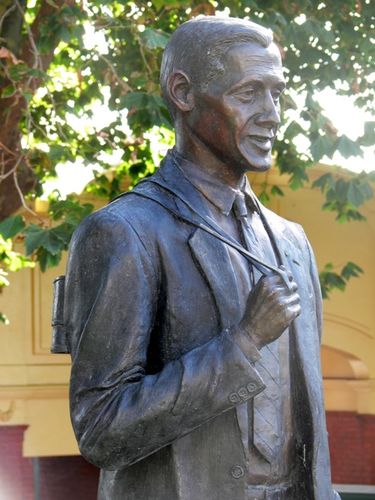
Bill Collins statue at Caulfield Racecourse
Outside race calling, Collins filled duties for The Harness Racing Board for two years beginning in 1985.
The highlight of 1986 for Bill Collins was his call of the 65th W. S. Cox Plate that featured what has sometimes been called the race of the century, the epic battle between Our Waverly Star and Bone Crusher.
Watch the 1986 Cox Plate – courtesy of Bill Collins:
He next served as chairman of the Greyhound Racing Control Board, while still finding time to call races. This was 1987. By this time he had called the Melbourne Cup for 34 consecutive years. Bill was recognized for his contribution to radio and television by being awarded the Bert Wolf Award for Excellence in Journalism.
Bill Collins further demonstrated his knowledge of all sports as a commentator at the 1956 Olympic Games in Melbourne, and filled that same role at the 1976 Montréal and the 1980 Moscow Olympics.
Bill Collins called his last race on Easter Sunday of 1988 while working for radio to 3 UZ.
Watch this tribute to Bill Collins:
After a long illness, Bill Collins succumbed to cancer on 14 June 1997. He is commemorated every year at Moonee Valley Racecourse with a race named for him, the Bill Collins Mile. He also was posthumously awarded the Kingston Town Greatness Award for his work in W.S. Cox Plate.
Whatever course race calling takes in the future, it is certain that Bill Collins’s voice will live on in the memory of any who were fortunate enough to hear him at work for as long as those fortunate ones live.
www.progroupracing.com.au
Have Your Say - *Please Use Your Name & Surname*
Comments Policy
The Sporting Post encourages readers to comment in the
spirit of enlightening the topic being discussed, to add opinions or correct
errors. All posts are accepted on the condition that the Sporting Post can at
any time alter, correct or remove comments, either partially or entirely.
All posters are required to post under their actual name and surname - no anonymous posts or use of pseudonyms will be accepted. You can adjust your display name on your account page or to send corrections privately to the Editor. The Sporting Post will not publish comments submitted anonymously or under pseudonyms.
Please note that the views that are published are not necessarily those of the Sporting Post.
3 comments on “‘The Accurate One’”
Leave a Reply
‹ Previous
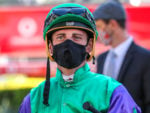


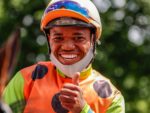
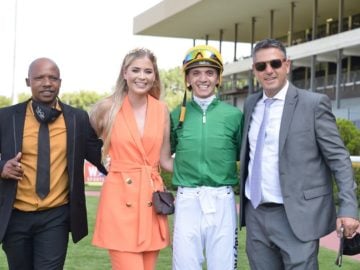
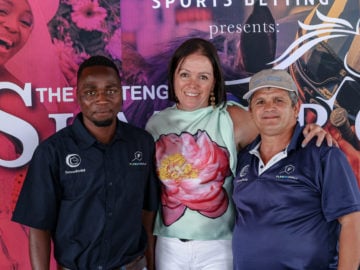
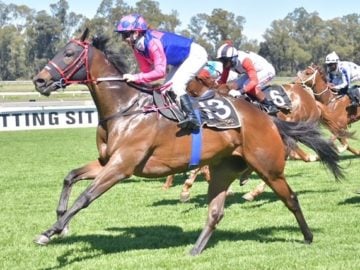
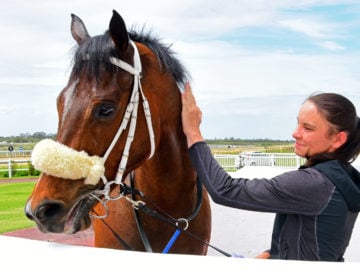
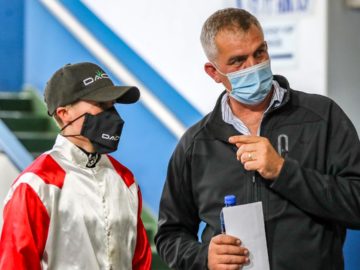






I had the great pleasure and privilege of meeting Bill Collins when he visited South Africa. A superb caller and a lovely man who had a positive influence on all who came into contact with him. I was of course much younger then but I still remember these wise words he told me: “Never fear making a mistake – he who has never made a mistake has never made anything else”
………………… and he who does not learn from his mistakes and take corrective action will never achieve progression !
Remember Bill when he called a race in in Rhodesia